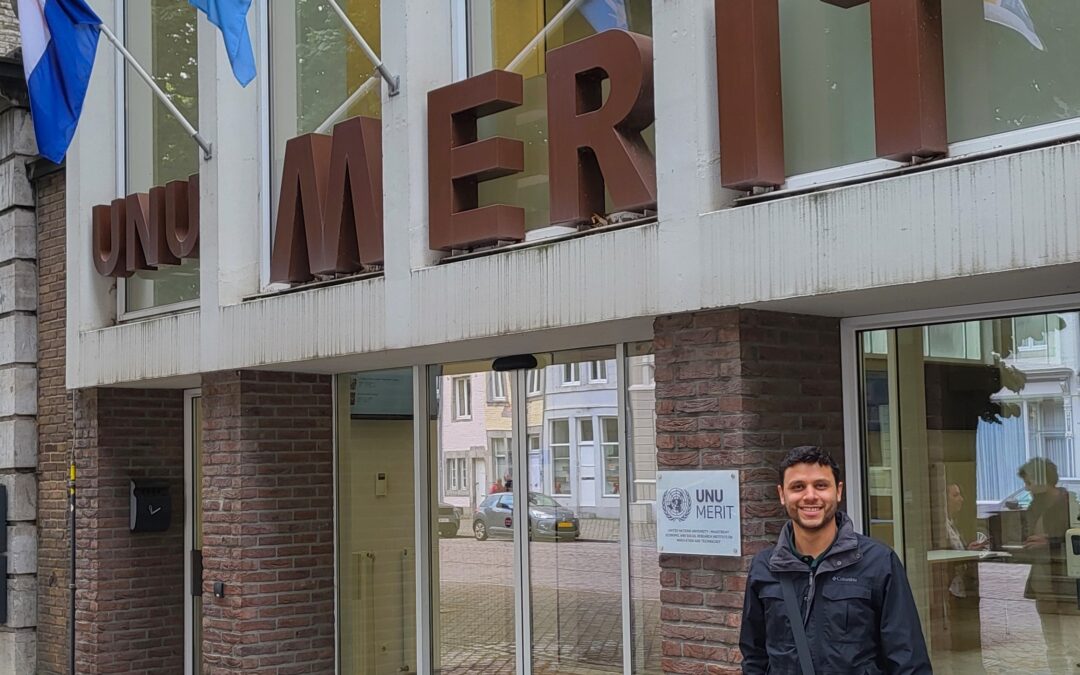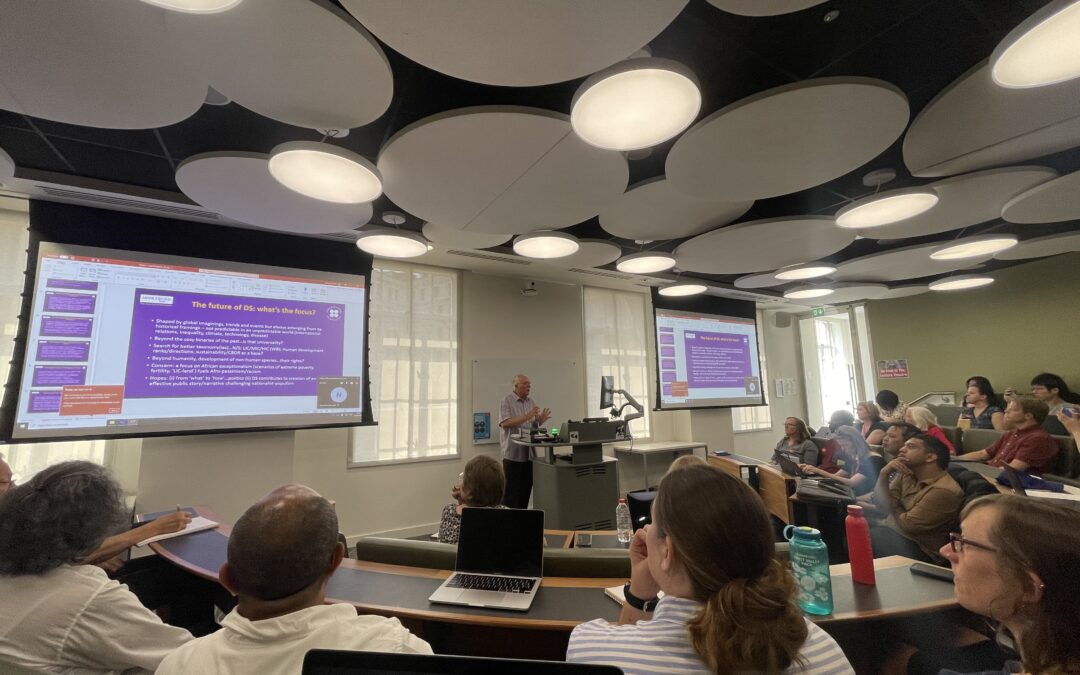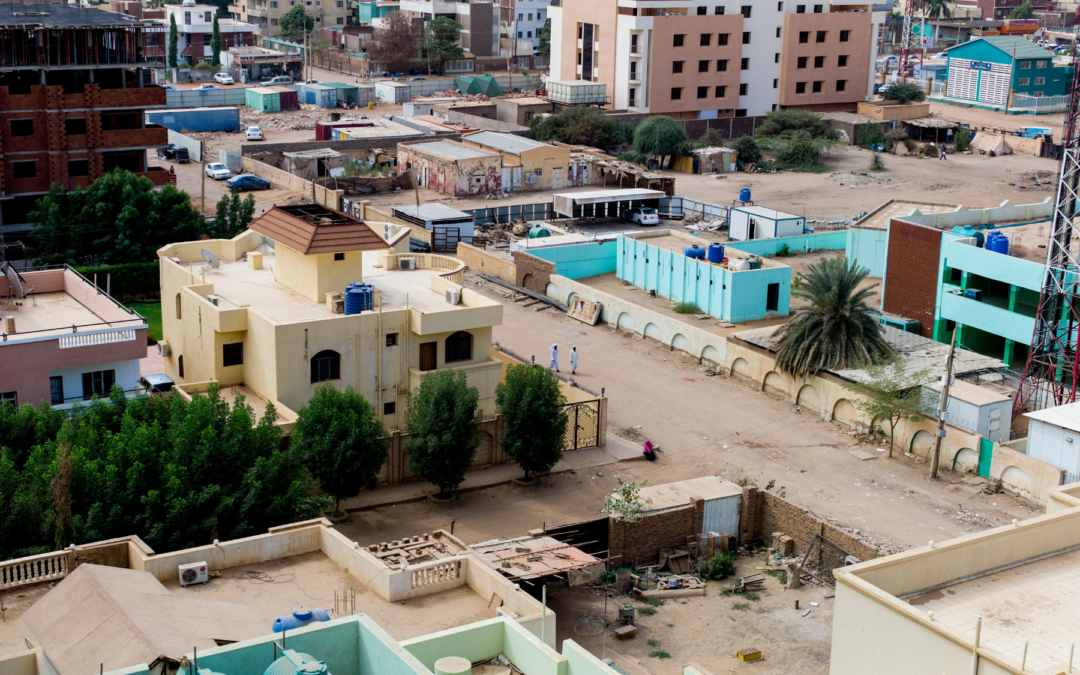
Simplifying economic complexity
How does a country’s ability to produce and export cutting-edge technologies affect its growth potential? What are some of the most promising industries for countries looking to secure long-term growth? In our latest blog post, PhD researcher Isaac López-Moreno Flores reports on the meaning of ‘economic complexity’ and its increasing prevalence as a concept within economic literature.
For some readers, the concept of “Economic Complexity” might initially seem like an advanced and challenging topic in the field of economics. The goal of this blog entry is that the reader can understand the concept of economic complexity easily. I will explain what economic complexity entails, how it is measured, and why it is a relevant research area. Furthermore, I will present examples of topics related to economic complexity not yet widely considered in the literature but would be interesting to explore in the future.

Unity in Diversity: Rethinking Binaries in Development Studies
By Hamid Khalafallah, PhD Researcher at GDI
Ahead of the Development Studies Association (DSA) 2024 conference, I attended a workshop organised by the European Association of Development Research and Training Institutes (EADI) in collaboration with the DSA and co-sponsored by the University of Manchester’s Global Development Institute (GDI) and King’s College London (KCL). The workshop, entitled “Unity in Diversity”, provided a space for development scholars from the UK and beyond to reflect on and rethink the purpose and trajectory of development studies.

Calling all development practitioners! Join our Flexible Learning Pilot and boost your resilience
As many development practitioners will attest, we’re living through turbulent times. Faced with growing political unrest, dwindling budgets, and a general sense of burnout, development work can feel like an uphill battle at times.
To tackle this problem, Natalie Cunningham, Senior Lecturer at GDI, is launching a new Flexible Learning Pilot titled “Developing Resilience in Turbulent Times”. Designed for busy lifelong learners (i.e., working practitioners keen to develop their skills), the course will be available online and allow participants to work through material in their own time. By the end of the course, learners will be equipped to better manage their own resilience, develop stronger professional relationships that can withstand intense pressure, and appreciate some of the systemic issues impacting individual and organisational resilience.

Checklist for Digital-Transformation-for-Development (DX4D) Research
The checklist below derives from the Principles for DX4D Research and Consulting, modified on the basis of presentation to an international development audience, and a revision workshop of digital development researchers.
It is intended for use by researchers undertaking DX4D research, to help improve the fit of that research with the particular nature of digital transformation for development:

Call for Papers: Structural Transformation and Contemporary Late Development
A 70th Anniversary workshop at the Global Development Institute (The University of Manchester) engaging with the relevance of Arthur Lewis’ (1954) work today.
December 5-6, 2024, Manchester, UK.
With support from The University of Manchester’s Global Development Institute Journal of Development Studies Conference Fund and European Association of Development Research and Training Institutes (EADI) Politics and Political Economy Research Group.

How to get your CV ready for the development job hunt
Employability champion Uzdah Jawaid shares her top tips on how to craft the perfect CV for post-graduate job hunting in the development sector.
This blog is part of a series by our Employability Champions, helping to prepare graduates for life after study. Read our piece by Raju Sarkar discussing the challenges and opportunities associated with finding a development sector job in India here, or read Vinka Maharani’s tips on navigating your career journey as an international student returning home here.

Analysis of urban reform coalitions awarded best 2024 paper by Area Development and Policy
Professor Diana Mitlin, CEO of the African Cities Research Consortium, has been awarded the best paper of 2024 by Area Development and Policy for The contribution of reform coalitions to inclusion and equity: lessons from urban social movements.

How to approach the job hunt in the Indian development sector
Employability champion Raju Sarkar discusses the challenges and opportunities associated with finding a development sector job in India after graduation.
This blog is part of a series by our Employability Champions, helping to prepare graduates for life after study. See our other piece by Vinka Maharani on navigating your career journey as an international student returning home here.

Refugees and the city: liminal legality and the struggles over lived citizenship
By Prof Tanja R. Müller, Professor of Political Sociology
Idris (not his real name) has always known Khartoum as home. He was born in the Sudanese capital and grew up around the city’s children, mostly Sudanese citizens. He played the same games as other children, went to the same schools, and even attended the same church, an affiliate of the Egyptian Orthodox Church. Idris excelled at his secondary schooling and easily achieved the grades necessary to join university. At that point, however, the fact he was born to Ethiopian refugee parents suddenly presented a hard border in his life.

Solidarity, technology and the future of Development Studies: DSA Conference 2024
By Dr Louisa Hann
Last month, hundreds of development studies scholars arrived at SOAS, University of London to attend the annual Development Studies Association Conference. This year’s theme was ‘Social justice and development in a polarising world’, inspiring a diverse array of panels and roundtables unpicking some of the many challenges development scholars and practitioners face in an era defined by crisis, conflict, and hegemonic shift.
As ever, GDI colleagues came out in force to represent some of the pioneering scholarship taking place in and around the institute. While there were simply too many GDI-studded sessions for one comms team to cover, we’ve collated just a few key themes from the event, including sessions convened and papers presented by colleagues across various specialisms.
